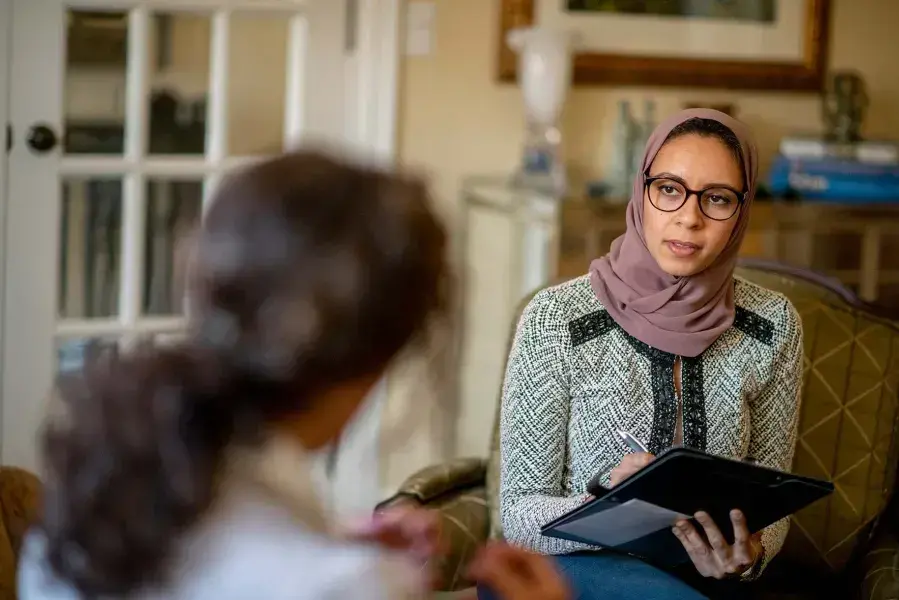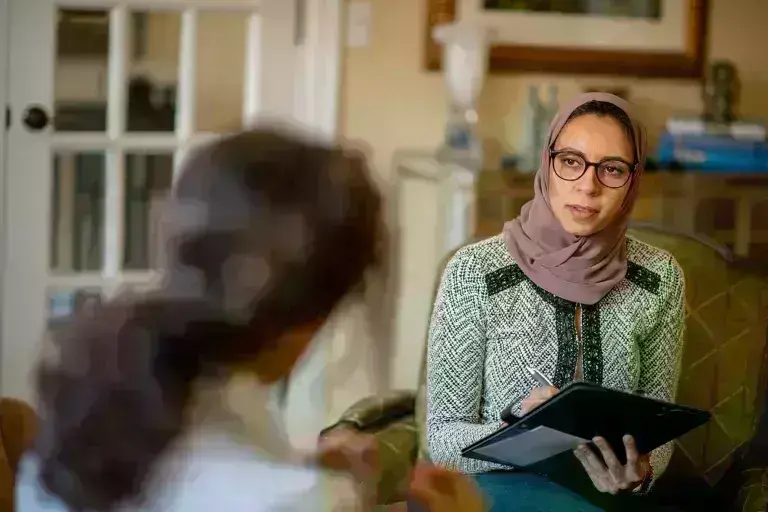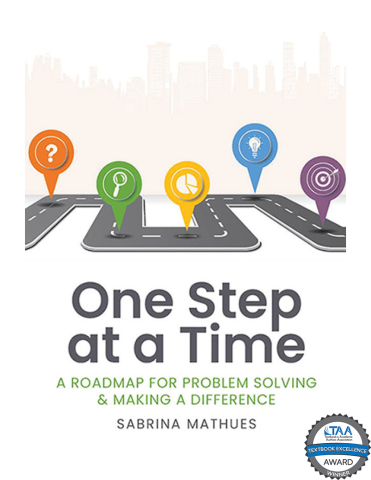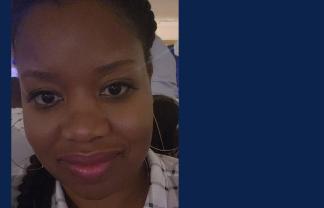Questions? Request Information
Enhance the Lives of Others
Equip yourself to work in the helping professions and become focused on serving and assisting others when you earn your Bachelor of Arts in Health and Human Services from the University of Arizona Global Campus (UAGC). This human services degree prepares you to provide health and human services to diverse populations of all ages.
Your learning in this program is geared toward enhancing the physical and mental health and social needs of individuals, families, and communities living in multiclass, multiethnic, and multicultural environments. As a field that needs quality human service professionals now more than ever, earning a BA in Health and Human Services may provide access to entry-level, service-related positions where you can gain valuable knowledge and experience. You’ll also develop strong communication skills and learn more about the role technology plays in this growing field.
Upon completion of your bachelor’s degree in health and human services from UAGC, you will be able to:
- Analyze health and human services delivery from political, socioeconomic, and psychosocial perspectives
- Evaluate social and human delivery systems at the individual, family, group, organization, and community levels
- Analyze social problems within the context of health care environments
- Evaluate ethical issues and challenges inherent in the provision of health and human services
- Analyze human behaviors within the health and human services context
- Evaluate human services issues, challenges, and interventions
- Discuss the provision of health and human services from multi-cultural perspectives
- Identify effective communication components and strategies with diverse health and human services constituents
UAGC Award-Winning Curriculum
Military Students $250.00/credit
Undergraduate Courses $460.00/credit
Technology Fee** $115.00/course
Books and Other Class Materials** $125.00/average per course
Graduation Fee $150.00
Total Program Cost See UAGC Catalog¹
¹Keep in mind that this figure doesn’t factor in any potential discounts, partner benefits, or impact of accepted transfer credits, if eligible.
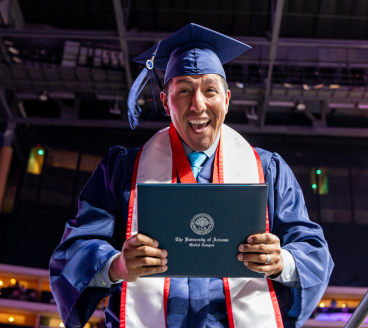
UAGC offers enrolled students access to ScholarshipUniverse, a platform that tailors external scholarship opportunities to your unique situation, making it easier to find and apply for scholarships.
UAGC is proud to provide reduced tuition rates for our academic and corporate partners, helping community college transfer students and corporate employees earn their degrees at a lower cost.
Careers Related to Bachelor of Arts in Health and Human Services


U.S. Department of Labor data regarding salary ranges and job growth projections are national in nature and do not guarantee employment, any specific salary, or job growth. Also, national long-term projections may not reflect local and/or short-term economic or job conditions. Top Skills are provided via Lightcast job postings data and may not align with UAGC program learning outcomes. UAGC programs are not designed to meet the state educational requirements for a specific professional license or certification in any state. UAGC does not guarantee employment placement, any specific salary from employment, or career advancement.

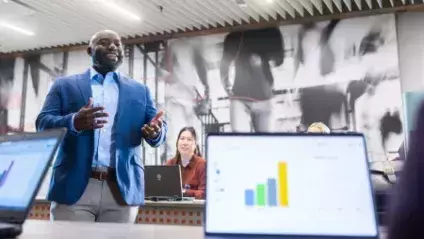
Course Overview
To earn your Bachelor of Arts in Health and Human Services at the University of Arizona Global Campus, you must complete 120 credits. You will need to complete 30 upper-division credits, of which 18 credits must be from the major program. A total of 30 credits must be completed at Global Campus to meet the residency requirement. You may be able to transfer approved credits from community colleges, other previous college coursework, or other life experiences such as military service or job training toward your degree.
This program is not designed to meet the state educational requirements for a specific professional license or certification in any state. Students seeking licensure or certification in a particular profession shall carefully research the requirements prior to enrollment and regularly review the requirements as they are subject to change. Requirements vary by state. The University of Arizona Global Campus does not guarantee that any professional organization will accept a graduate’s application to sit for any exam for the purpose of professional certification. Further, a criminal record may prevent an applicant from obtaining licensure, certification, or employment in their field of study.
The Online Teaching Support Certification recognizes programs that require all online faculty to undergo training in best practices for online course delivery, provide faculty with ongoing pedagogical support, encourage faculty professional development to increase their knowledge and skill in online teaching, emphasize instructor availability and feedback to learners, and collect and use feedback from learners to improve online teaching. Learn More

The Online Learner Support Certification recognizes programs that provide all the critical student and academic services needed for learner success and use learner feedback to continuously improve those services.
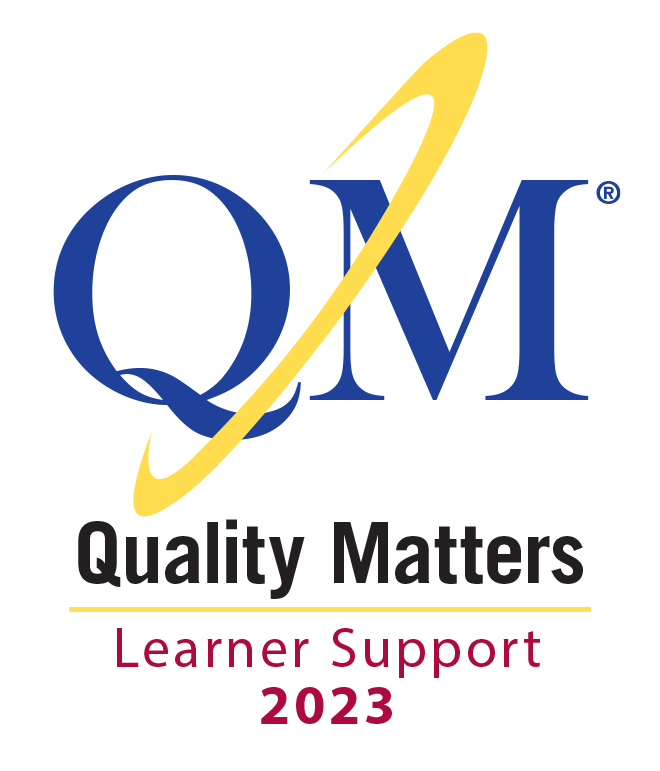
The Air University Associate to Baccalaureate Cooperative (AU-ABC) is a partnership between the University of Arizona Global Campus and the Community College of the Air Force (CCAF). The BA in Health and Human Services is part of this agreement. The agreement allows students who have earned an Associate in Applied Science degree from CCAF to transfer their credits toward this degree at UAGC, significantly reducing the time required to complete their degree. Eligible students will need no more than 60 additional credits to finish their BA in Health and Human Services. An example of how credits may transfer under this agreement can be found here.
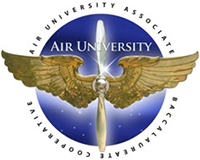
What Can I Do with a Degree in Health and Human Services?
With a bachelor’s degree in health and human services, just a few of the fields in which you might pursue opportunities include:
- Community Health Worker
- Social and Human Service Assistants
- Residential Care Assistant
When you complete your Bachelor of Arts in Health and Human Services degree program, you will have what you need to seek entry into non-clinical and non-management health positions.
Gain insights into the health and human services job market by reviewing the Bureau of Labor Statistics market outlook report.
This degree was perfect for me. The advisors were so very helpful, and the classes were very informative. I definitely got my money's worth.
BA in Health and Human Services FAQs
-
If you are considering a career in human services, you are most likely someone who cares about others and is interested in a fulfilling career focused on helping people. Not many professions give individuals the opportunity to have a positive impact on other people’s lives. This is something a career in human services can provide.
While having a positive impact on other people’s lives is a primary reason to work in the field, there are some more specific reasons you should consider working in human services. You can:
- Help others achieve their potential
- Have an impact on society and specific communities
- Use your expertise to influence essential social factors
- Have the opportunity for a fulfilling career both professionally and personally
- Find work in a field that is positively changing through technology
- Find work in a field that is always in need of qualified and compassionate professionals
-
Yes, you’ll have opportunities to connect and collaborate with students, alumni, and faculty through our online learning platform. For example, in our CHAMPS Peer Mentoring program, new students are matched with high-achieving, upper-division students for mentorship that promotes student success. UAGC also has student-run clubs and organizations online, so you can connect with peers outside of class.
-
Whether you have worked in human services for years or you are new to the field, this online human services degree will help give you the professional competency to serve your community more effectively, all while giving you the flexibility to continue with your current responsibilities.
See What Else UAGC Has to Offer
Questions? Request More Information
To access this rate using the Liberty Grant, only eligible undergraduate active duty service members, members of the National Guard, Reservists, spouses of active duty, members of the National Guard and Reservists, Department of Defense employees using Tuition Assistance (TA), and civilian employees of the United States Coast Guard (only if utilizing Military Tuition Assistance) will qualify.
**
The Technology Fee covers access to University systems such as the online classroom, the Student Portal, and other academic resources. The Technology Fee and the Course Digital Materials (CDM) Fee are fully refundable if a student does not attend beyond Day 3 of a course (Week 3 if covered under the University of Arizona Global Campus Promise Refund Schedule). After this time, the fee becomes non-refundable. Students are charged the Technology Fee for repeated coursework. Students are not charged the CDM fee for repeated coursework if previously charged.
†
The transferability of credits is subject to the University of Arizona Global Campus transfer credit policies and requires the submission of official transcripts. The official transcripts will be evaluated by the Registrar’s Office to determine the credits that will officially apply toward a UAGC degree program. Credits must be earned at the same degree level in order to be applied. Additional restrictions may apply. See the UAGC Academic Catalog for full undergraduate and graduate transfer policies.
